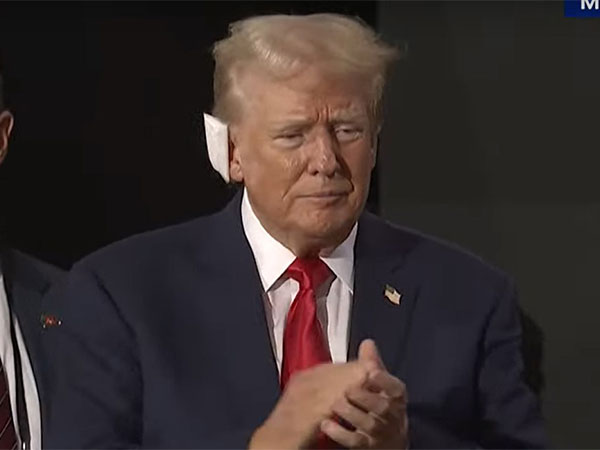Trump's Taiwan Defense Claim: A Look at U.S.-Taiwan Relations
Donald Trump suggested Taiwan should pay the U.S. for defense, citing no contributions from the island. The defense relationship, shaped by historical treaties and acts, involves military collaborations and significant arms deals, despite no formal defense pact. Taiwan enjoys bipartisan U.S. support and robust trade relations.

- Country:
- Taiwan
In a recent interview, U.S. Republican presidential candidate Donald Trump asserted that Taiwan should compensate the United States for its defense, highlighting the lack of reciprocal contributions from the island nation. Trump's comments prompt a closer examination of the longstanding and complex defense and economic ties between Taiwan and the United States.
Historically, Taiwan and the U.S. shared a Mutual Defence Treaty during the Cold War, with U.S. military bases on the island. This official relationship ended in 1979 when the U.S. recognized Beijing as China's government, terminating the treaty. However, the Taiwan Relations Act continues to provide a legal framework for U.S. arms sales to Taiwan, though it does not guarantee direct military intervention in the event of an attack.
Currently, the U.S. maintains military cooperation with Taiwan through training and intelligence sharing. Despite Taiwan's substantial spending on U.S. arms, there are no American military bases or defense treaties in place, unlike U.S. allies Japan and South Korea who share defense costs. Economically, Taiwan remains a significant trading partner and investor, notably through TSMC's substantial investment in U.S. chip manufacturing.
(With inputs from agencies.)
ALSO READ
US Approves $20 Billion Arms Sales to Israel Amid Middle East Tensions
Putin and Li Qiang Hail Strengthening Russia-China Trade Relations Amid Growing Pressures
Budding Trade Relations: India and Seychelles Forge Stronger Ties
Union Ministers to Strengthen India-Singapore Trade Relations at Ministerial Meet










